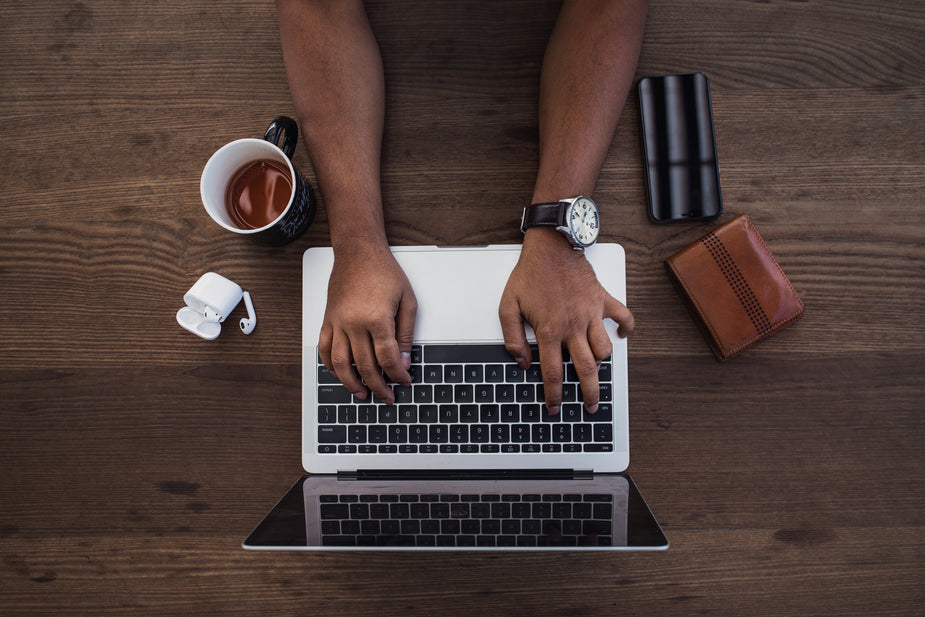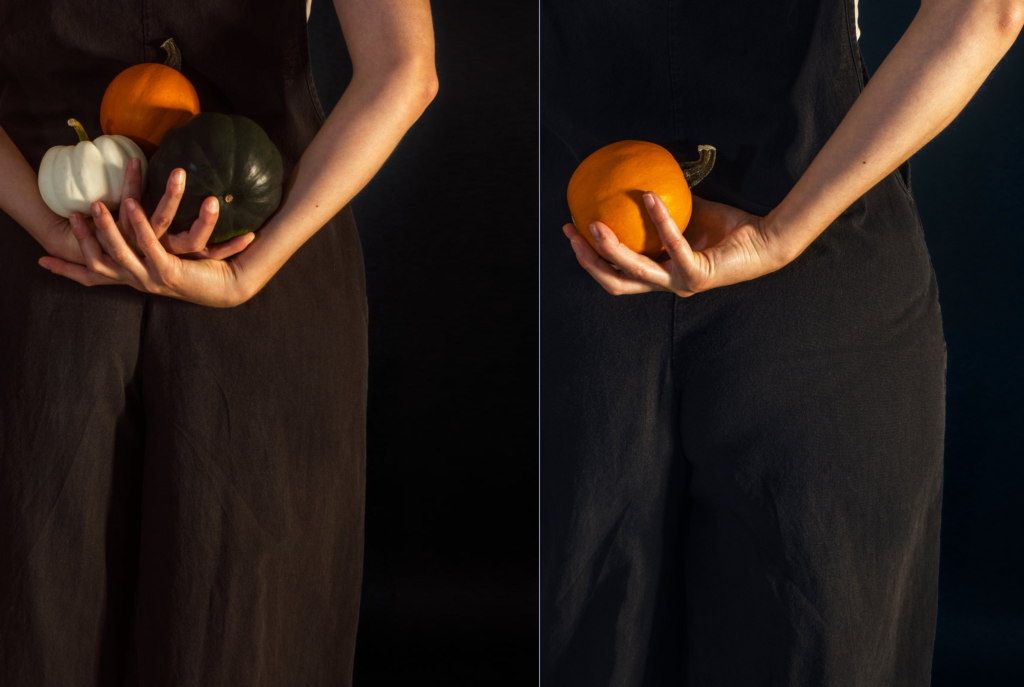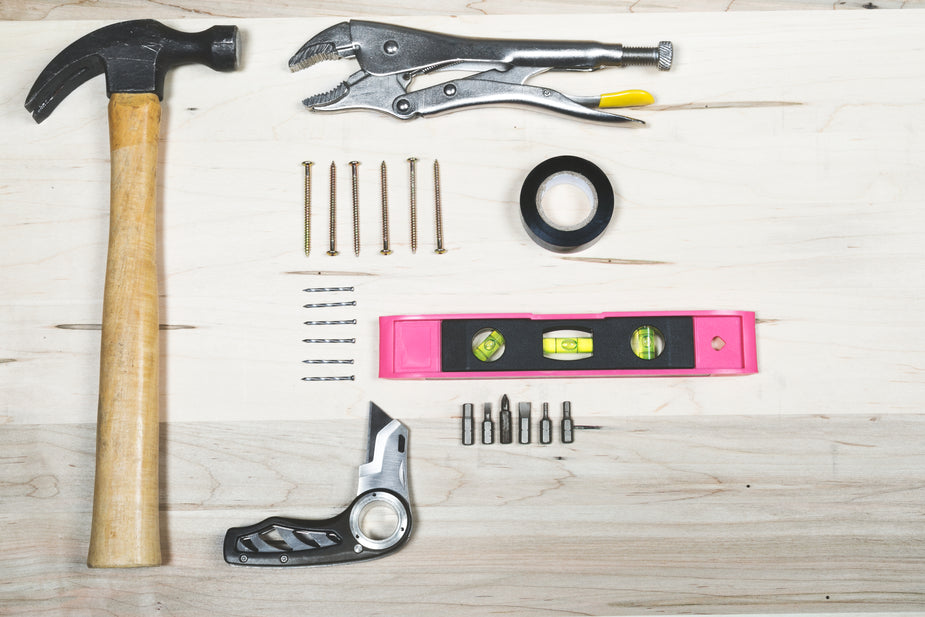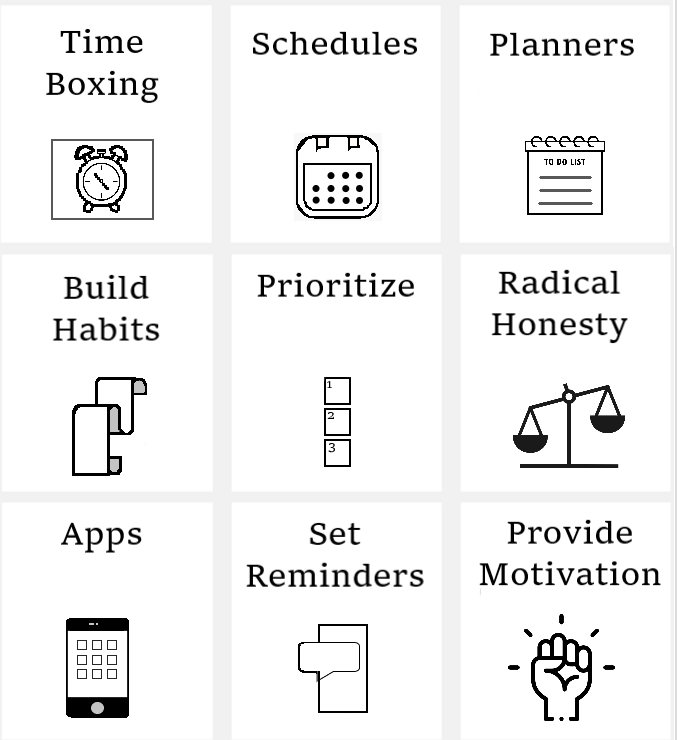March 16th, 2024 – Is Multitasking A Good Technique?

In the early days of my productivity journey, I often asked myself, “Wouldn’t I save so much time if I just did multiple tasks at the same time?” I, like many, believed that it would be efficient to do multiple tasks (especially related tasks) together, as it would be the more time-efficient strategy. I have since learned that I was wrong.
Not only was I wrong, but I was actually causing negative effects on my overall physical health, mental health, and the quality of my output. As I have outlined in other articles, such as “How To Stay Organized And Boost Productivity,” and “How To Manage Work Time and Family Time During The Holidays,” I have done the work to find better time-saving initiatives to increase productivity.
However, I don’t think it’s enough to simply say that multitasking is not a good plan, and that you should try something else. I think you deserve to know the negative impacts it can truly have on you, and why I think multitasking is not a good technique for efficiency and productivity.
There are two big areas that need to be discussed in order to get the full picture here: the negative impacts on your output, and the negative impacts on your health.

Negative Impact On Output
When you are trying to switch back and forth between tasks, you end up causing yourself even bigger problems. This is because science has concurred that we don’t truly multitask. You cannot keep your brain occupied on two tasks at the same time. Instead, your brain switches back and forth between the two things at a rapid rate. More like flipping between pages in a book. There is a really informative paper by Russell A. Poldrak and Tal Yarkoni from Stanford University and Texas A&M (respectively) that outlines the science surrounding this conclusion.
So, how does your work suffer from this inability to truly multitask?

More Mistakes, Less Speed
The winning term here is, “Do less, miss more”. You will make more mistakes, and you will be slower in your completion of the tasks by trying to switch back and forth. We suffer something called, “Task Switch Costs“. The time it takes your brain to switch between the task and adjust to the new information as well as the information you previously had, reduces your ability to continue smoothly. Therefore, it massively impedes your time.
Automaticity, Who?
On this same point, we lose our automaticity. Automaticity is the function of your brain that occurs when you create things like habit. You do a task for a long enough time in one straight shot, and you gain momentum. You can move faster through the task, you can remember how to perform smaller functions which makes larger functions easier, and you have the knowledge from your previous experience to draw on faster. However, if you are switching between tasks, you have no capacity for automaticity. Your brain has to take the time to readjust every time you switch, which not only negates automaticity, but it costs you time.

Negative Impact On Health
Your brain is the centre of everything. When your brain is expending too much energy, it isn’t healing properly, and it isn’t being rejuvenated in the appropriate way. When this happens, everything else in your body can suffer. Multitasking is a huge brain cost, and it will cause bigger problems.
Short-Term
The short-term costs are, in my opinion, the easiest to see. Multitasking is not effective, which means you are going to notice your own failure. There are countless articles exploring the link between multitasking and depression, anxiety, high blood pressure, and stress. But I think this one is one of the easiest to digest.
You’re multitasking because you feel you have a lot to do in a short period of time, so you’re already stressed. This causes high blood pressure. But then you take on a technique that causes failure rather than success, and you see you are not making any progress towards your goal. This causes the stress to build, and the blood pressure to skyrocket. Then you start to feel anxious because the deadlines are looming, and you’re depressed because you feel like a failure.
This is short-term, this is an immediate consequence of one instance of multitasking. This is not an exclusive event and there are many other reasons depression and anxiety can be caused by multitasking. But then, the problems don’t end there. Sometimes these issues become chronic.

Long-Term
Moving forward with our analogy from above, stress can become chronic. You may start to feel continuous stress because of a lack of productivity. One of the major contributors to this issue becoming chronic is trying to multitask MORE as a result of failure from previous multitasking. Sometimes, if it doesn’t work, drop it.
Chronic stress can cause problems with the rest of your mental health, as well as physical health. Stress is an adrenaline response. It is meant to protect your body in moments of life-threatening danger. If your body feels like it is constantly trying to protect itself from external threats, it is going to deteriorate. The psychological effects of your brain constantly fighting for your life, will manifest itself in your body. This can be evident in heart disease and high blood pressure issues that are spurred by your stress.

Memory
Memory, for me, sits a little bit outside of mental health and physical health, but it is incredibly important all the same. Your memory is the story of your life, it is your direct reflection of all of the things you know, have seen, done, and it informs your future behaviour/personality development. Multitasking can take that away from you.
I might be being a bit dramatic in my storytelling here, but it’s for good reason. Recently, I discovered that I have aphantasia. This means I can’t see pictures in my head. I don’t have full aphantasia, meaning I can see incredibly blurry images, and I can focus on some small things. But this is only from things I have created, I can almost never remember things I’ve seen. If you asked me to describe my own mother’s face (who I see every single day), I could tell you the colour of her eyes and hair, but I couldn’t tell you the shape of her eyes, her mouth, or even the colour of her skin beyond her race. I have also seen the effects of memory loss on my aging mother, who I know has had to completely adjust the way she lives her life because of her failing memory.
All of this to say, I know how important memory is, and I know how your life can be affected when your memory doesn’t serve you the way it should. Unfortunately, multitasking has been linked to a loss in long-term and short-term memory. With the consistent switching between information, our brain begins to lose the ability to store information. We try so hard to get more done and we end up forgetting everything we learned before.

What Should I Do Instead?
Multitasking is not the way to go, but that doesn’t mean all hope for productivity and efficiency is lost. In fact, there are thousands of techniques in order to boost your individual productivity and efficiency that are based on things like your attention span, your interests, and your capacities.
I have done a lot of trial and error to find methods that work for me. I know what methods are the most beneficial for my specific style, and you can find those too. If you are goal-oriented, visually stimulated, easily distracted, etc, whatever the issue may be, there are methods for you out there.
Here’s a general list of things you can try if you’re looking for ways to improve your current output, increase productivity, and manage efficiency:

When you are searching for productivity strategies, focus on your learning style, and what makes you feel rewarded. You need to kick things like procrastination by enticing yourself to do the less enjoyable tasks. This can be done by focusing on how you can make yourself feel good about the task itself.
—-
I hope you enjoyed this week’s post! If you did, make sure to leave a comment down below and come back for a new post on the Next Step Scopist blog!
—-
Home Page | Blog Home Page
Last Post: Ways To Increase Typing Speed
Next Post: How I Set Up My Workspace For Maximum Productivity
One response to “Is Multitasking A Good Technique?”
-
Great read!

Leave a Reply